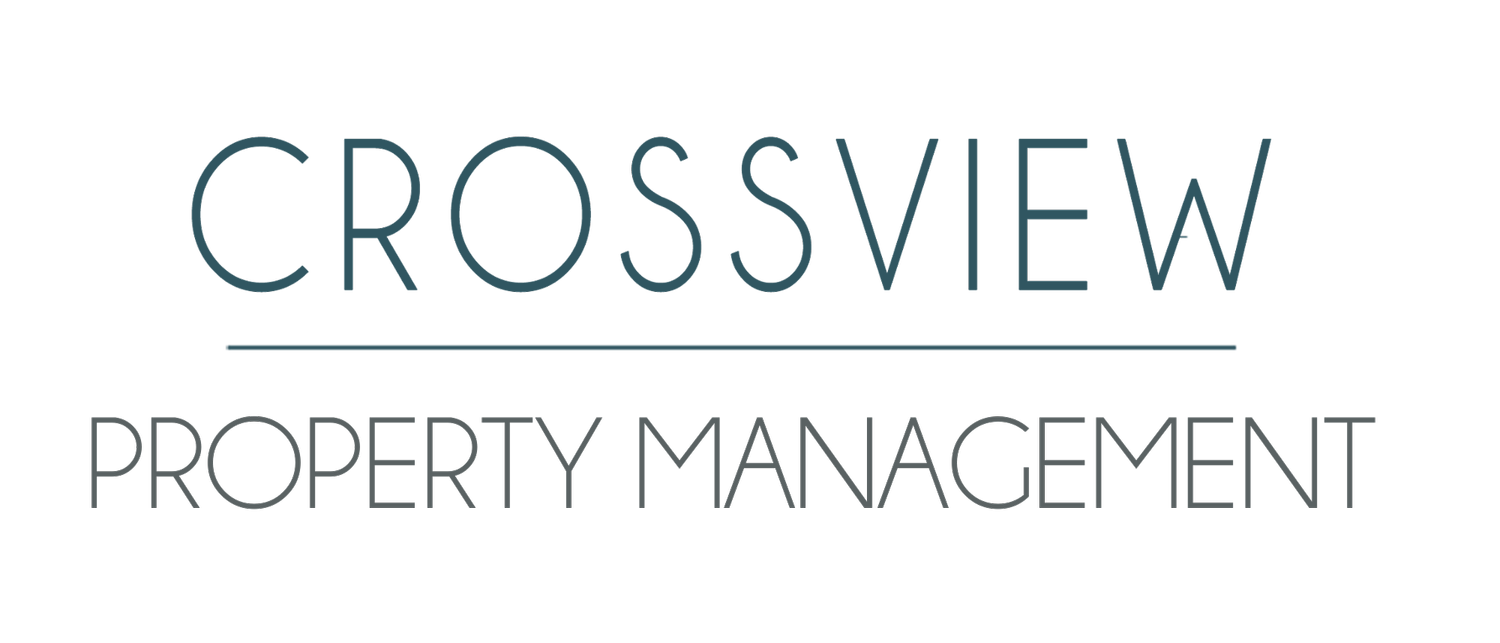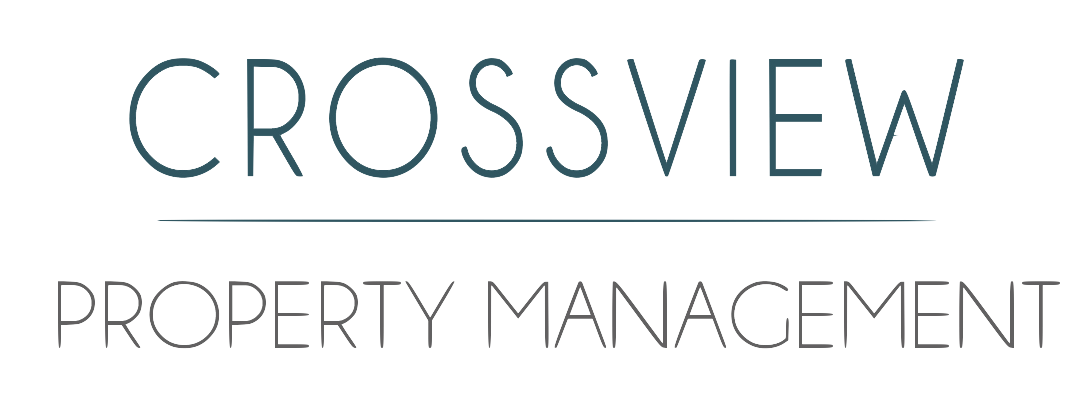New to Being a Florida Landlord? Here’s What You Need to Know
Thinking about renting out your first property in Florida? Excited—and maybe a little overwhelmed—about where to start?
Becoming a landlord in Florida can be a smart investment move, but it comes with legal, financial, and management responsibilities. From understanding state laws to setting clear lease terms, getting the basics right from day one can protect your property and your peace of mind.
1. Learn Florida’s Landlord-Tenant Laws
The Florida Residential Landlord and Tenant Act (Chapter 83) governs most residential rental arrangements in the state. You need to know:
Your maintenance obligations (§ 83.51) – such as keeping plumbing, structure, and provided appliances in good repair.
Tenant responsibilities (§ 83.52) – including proper use of the property and compliance with health codes.
Proper notice requirements for lease termination, entry, and rent increases.
How to legally handle security deposits under § 83.49, including holding, notifying, and returning funds.
2. Screen Tenants Thoroughly—Legally
Florida law allows you to check credit, rental history, income, and criminal background, but you must comply with federal Fair Housing laws and avoid discriminatory practices.
Verify employment and income to ensure rent affordability.
Contact previous landlords for references.
Require a completed rental application and photo ID.
3. Use a Strong, Written Lease
A handshake agreement isn’t enough. A good lease should:
Define rent amount, due date, and late fees.
Outline maintenance responsibilities.
Include pet policies (and make exceptions for service or emotional support animals as required by law).
Address HOA rules if applicable.
Specify who handles lawn care, pest control, and utilities.
4. Set the Right Rent
Research comparable properties in your area. Overpricing can cause long vacancies; underpricing leaves money on the table.
Use online rental market data and local property management expertise.
Factor in HOA fees, property taxes, and insurance.
5. Maintain the Property Proactively
Florida’s heat, humidity, and storms can take a toll.
Schedule routine HVAC service, pest control, and roof/gutter checks.
Respond quickly to maintenance requests—delays can lead to legal issues under § 83.51.
Keep the property safe and habitable at all times.
6. Understand Your Financial Responsibilities
Budget for:
Repairs and emergency maintenance.
Property taxes and insurance (including flood or windstorm coverage if needed).
Vacancy periods and turnover costs.
7. Document Everything
Take photos before move-in and after move-out.
Keep copies of all communications, notices, and repair receipts.
Maintain a log of inspections and service calls.
8. Consider Professional Help
If managing your property feels overwhelming—or if you have more than one unit—consider hiring a licensed Florida property manager. They can handle tenant screening, lease enforcement, maintenance coordination, and legal compliance.
Final Takeaway
Being a landlord in Florida is more than collecting rent—it’s running a business. Understanding state laws, setting clear expectations, maintaining your property, and keeping good records will help you avoid costly mistakes and keep your rental profitable for years to come.
Property management is hard enough—partner with someone who stays on top of Florida law changes and works to maintain your investment. Complete our Contact Us form or call us at 904-855-7933 to learn more about how CrossView Property Management in Jacksonville, FL, can work for you.


